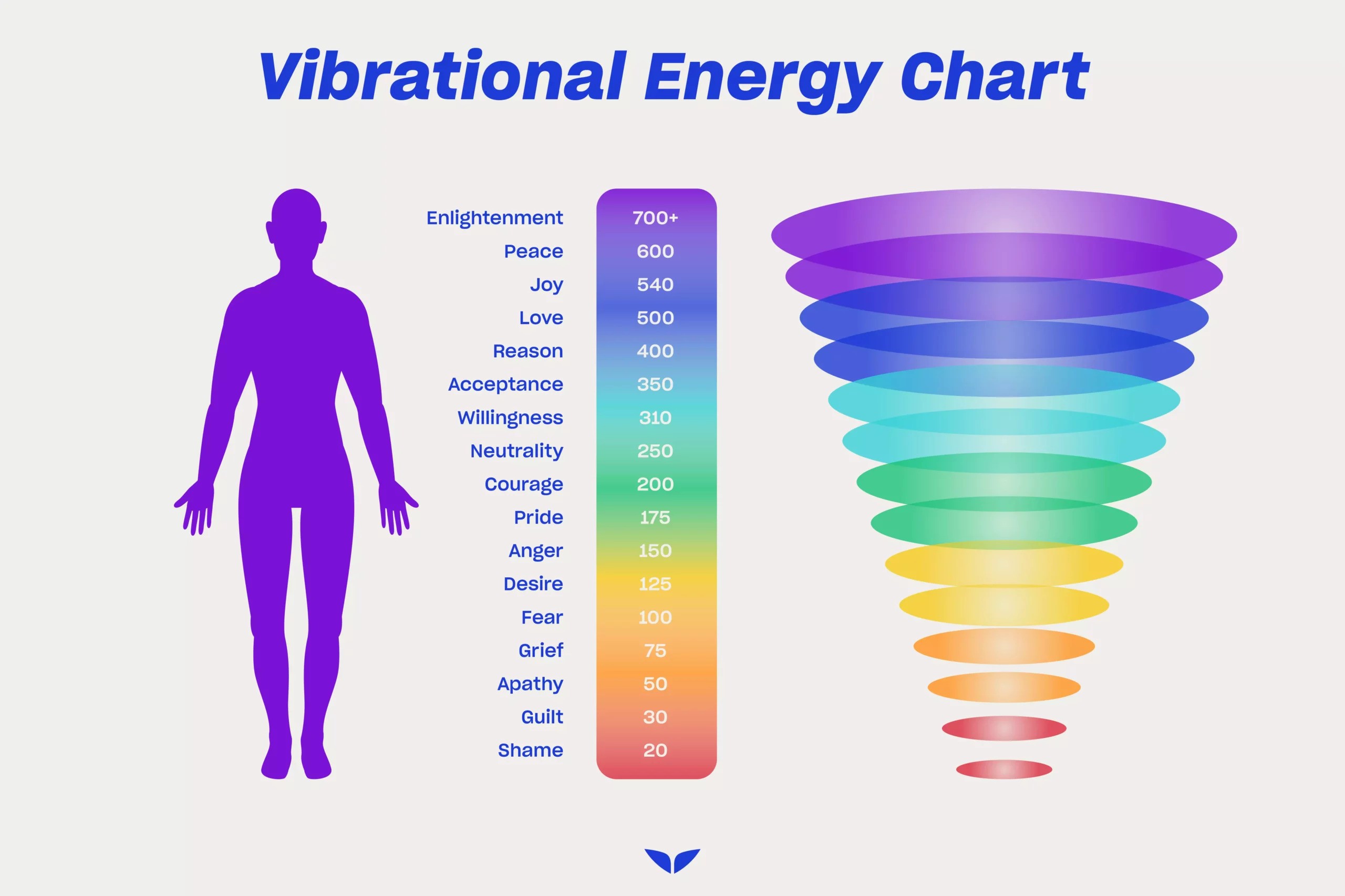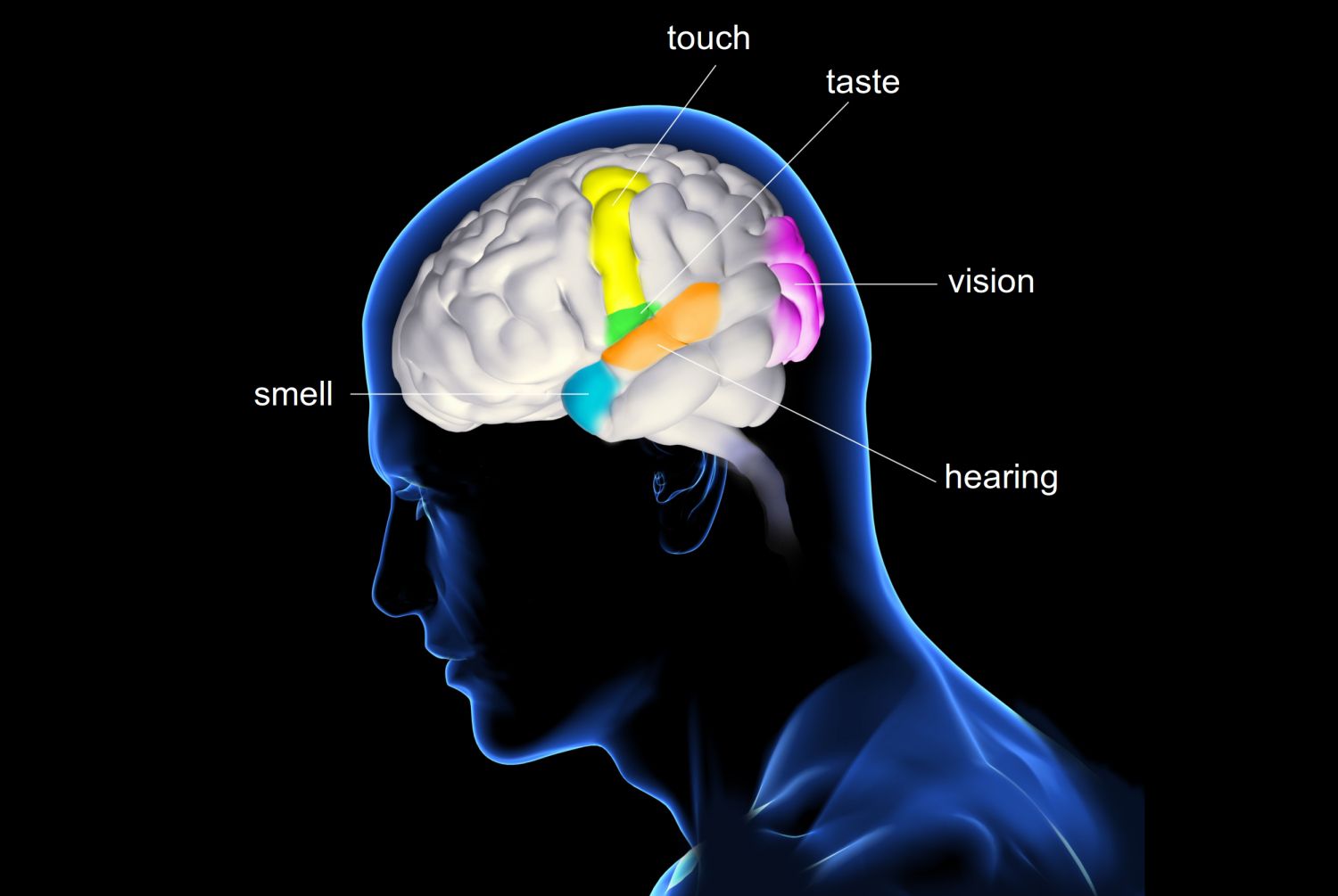The Science of Happiness: Cultivating a Positive Mindset
They say happiness is a warm blanket, puppy cuddles, and a bar of chocolate. Well, not exactly. But what is happiness? Everyone’s definition may vary, but simply put, happiness is a positive state of mind.
It is a feeling of contentment, joy, and satisfaction. Happiness is what we all strive for, and there is no one person who can say they do not want to be happy. But what is the science behind happiness? How do we understand the complexities of this emotion? In recent years, scientists have shifted their focus to understanding how we can cultivate a positive mindset and increase our overall happiness.
According to research, a significant portion of our happiness comes from intentional effort and external factors. External circumstances such as monetary gains and material possessions contribute only up to a certain extent, whereas, a great deal of our happiness is determined by our mentality. The scientific approach to understanding happiness involves determining factors that contribute most to our overall well-being.
Scientists have found that it is not just about feeling good, but it is also about leading a meaningful life. Understanding what makes us happy can thus help us in our pursuit of a happier life. Are you ready to take steps towards a more positive mindset? Read on to find out how cultivating a positive mindset, healthy habits, meaningful relationships, and a sense of purpose can contribute towards a happier life.
The importance of a positive mindset

What is Happiness? We all want to be happy, but what exactly is happiness? Is it something we can achieve by buying the latest gadgets, going on exotic vacations, or earning a six-figure salary? Or is it something that comes from within, a state of mind that transcends external circumstances? According to science, happiness is a complex blend of positive emotions, well-being, and life satisfaction, and it can be cultivated through intentional effort and self-awareness. The Scientific Approach to Understanding Happiness Over the past few decades, psychologists and neuroscientists have conducted extensive research to understand the science of happiness and its underlying mechanisms.
They have discovered that happiness is not a one-size-fits-all concept but rather a multifaceted construct that involves different aspects of our lives. Some factors that contribute to happiness include relationships, purpose and meaning, positive emotions, health, and mindset. The Importance of a positive mindset one key factor influencing happiness is our mindset, or the way we think, feel, and perceive the world around us.
A positive mindset can help us cope with stress, overcome setbacks, and enjoy life's simple pleasures, while a negative mindset can lead to anxiety, depression, and dissatisfaction. Therefore, cultivating a positive mindset is crucial for our well-being and happiness. The role of positive thinking in happiness positive thinking is a powerful tool for promoting happiness and well-being. When we think positively, we are more likely to see the good in ourselves and others, appreciate the present moment, and focus on our strengths rather than our limitations.
Positive thinking can also boost our confidence, energy, and motivation, leading to better performance and outcomes. By contrast, negative thinking can create self-doubt, fear, and pessimism, limiting our potential and happiness. The negativity bias and how it affects our mindset despite the benefits of positive thinking, our brains are wired to focus more on the negative than the positive. This bias, known as the negativity bias, is an evolutionary adaptation that helped our ancestors avoid danger and survive in harsh environments.
However, in the modern world, the negativity bias can lead to rumination, worry, and stress, undermining our happiness and well-being. To counteract the negativity bias, we need to intentionally cultivate positive thoughts and emotions and practice gratitude and mindfulness. Identifying and changing negative thought patterns Identifying and changing negative thought patterns is another important step towards a positive mindset.
Negative thoughts such as self-criticism, rumination, and catastrophizing can fuel anxiety and depression, and undermine our confidence and happiness. By becoming aware of our negative thought patterns and challenging them with evidence-based techniques such as cognitive-behavioral therapy (CBT) or mindfulness-based stress reduction (MBSR), we can reframe our thinking, improve our mood, and enhance our well-being. In conclusion, cultivating a positive mindset is essential for our happiness and well-being. By adopting a positive outlook, challenging negative thoughts, and cultivating positive emotions and relationships, we can create a more fulfilling and joyful life. Happiness is not a destination but rather a journey, and we can enjoy the ride by embracing intentional effort and self-awareness.
Cultivating positive emotions

Positive emotions play a crucial role in cultivating a happy and fulfilling life. These emotions not only promote an overall sense of well-being but also help build resilience and cope with stress. Let's dive deeper and understand the science behind positive emotions and some practical tips to increase them.
Research has shown that positive emotions are associated with lower levels of cortisol, the stress hormone, and promote the release of feel-good chemicals like dopamine and endorphins. These chemicals not only improve our mood but also boost our immune system, lower blood pressure, and have anti-inflammatory effects. So, how can we increase positive emotions in our daily lives? One effective way is through gratitude. Taking time to appreciate the things we have, even the small ones, have been linked to increased happiness levels.
It can be as simple as starting a gratitude journal or expressing gratitude towards others. Another way to boost positive emotions is through mindfulness practices like meditation. Mindfulness helps us become more aware of our thoughts and emotions, allowing us to respond to situations in a more calm and positive way. Even a few minutes of meditation can make a huge difference in our daily lives.
Engaging in activities that bring us joy and a sense of accomplishment is also an effective way to increase positive emotions. Whether it's pursuing a hobby, volunteering, or simply spending time with loved ones, doing things we enjoy can help boost our mood and make us feel more motivated.
So, what are some benefits of cultivating positive emotions? Research has shown that positive emotions not only increase happiness levels but also promote better physical health, social connections, and cognitive function. People who experience more positive emotions are more likely to lead fulfilling and successful lives.
In conclusion, cultivating positive emotions is an essential part of a happy and fulfilling life. Practicing gratitude, and mindfulness, and engaging in activities that bring us joy can help boost our mood and promote overall well-being. So, let's make a conscious effort to increase positive emotions in our daily lives and live a more fulfilling life.
Healthy Habits for a happier life

Maintaining a healthy lifestyle is not only good for your body but also for your mental health. The way you treat your body directly affects your mood and energy levels. This is why it is essential to make healthy choices to improve your overall well-being. One way to cultivate happiness is by establishing healthy habits in your lifestyle. Taking care of your body is a crucial step toward promoting greater mental wellness. Making a conscious effort towards a healthier lifestyle can result in greater happiness and satisfaction in life.
Regular exercise is a powerful way to boost your mood. It can have a positive impact on your mental health by reducing symptoms of anxiety, depression, and stress. Exercise releases endorphins in the brain, which are natural mood boosters. It also provides a sense of accomplishment and self-confidence. Finding the exercise that works best for you is key to staying motivated and making it a habit in your daily routine. Eating a balanced and nutritious diet is another essential component of healthy living. Proper nutrition can improve physical health and energy levels, while also supporting better mental health. Incorporating fruits, vegetables, proteins, and healthy fats into your diet can help alleviate mood swings and maintain a positive attitude.
Sleep is also essential in maintaining a healthy lifestyle. Aim for 7-9 hours of sleep every night to allow the body and mind to rest and recharge fully. A well-rested body is better equipped to handle stressors and maintain a positive mental outlook. Remember, small changes in your daily routine can result in significant improvements to your overall happiness. Making healthy habits a priority in your life can lead to a more fulfilling and rewarding existence.
The importance of relationships

The importance of relationships cannot be overstated when it comes to happiness. In fact, research has shown that social support is one of the biggest predictors of happiness. We are social creatures and social connections are crucial for our wellbeing. Building and maintaining positive relationships requires effort, but it's worth it. We need to learn how to communicate effectively, listen actively, and show empathy towards others. These skills are important not just for personal relationships but work relationships too. The impact of social media on happiness is a hot topic these days. While social media has its benefits, it can also increase anxiety, depression, and feelings of isolation. Social media often presents a skewed version of reality, and it's easy to compare our lives to others online. If not used in moderation, social media can have a negative impact on our mental health.
So, what can we do to build positive relationships and increase our social support? First, we need to invest time and energy into friendships and social activities. We also need to be mindful of the quality of our relationships. Surround yourself with positive and supportive people, and make time for them regularly. Another important factor in building positive relationships is vulnerability. We need to be willing to open up to others and share our thoughts and feelings. It's not always easy, but vulnerability can lead to deeper connections and a stronger sense of social support.
In summary, positive relationships are a key foundation for happiness. Building and maintaining these relationships requires effort but can have a tremendous impact on our well-being. Social media can also play a role in our happiness, but we need to be mindful of its impact and use it in moderation.
The power of purpose and meaning

The power of purpose and meaning: Have you ever felt like your life lacks direction or purpose? That feeling can be detrimental to our overall well-being. Numerous studies have found that having a sense of purpose in life is linked to greater happiness and satisfaction. It gives us something to strive towards and a reason for being. But how do we find our purpose? It's not always a straightforward process.
The first step is to think about what we truly value in life. What do we care about the most? What gives our life meaning? It can be anything, from helping others to pursuing a creative passion to making a difference in our community. Once we identify what matters to us, we can start to take action toward it.
Cultivating a sense of purpose also involves setting meaningful goals. Goals give us a sense of accomplishment and help us stay focused. But they should align with our values and what we want from life. It's important to regularly reevaluate our goals and make sure they're still meaningful to us.
Another way to find purpose is through transcendence - the feeling of being part of something greater than ourselves. This can come from connecting with nature, spirituality, or a sense of community. When we feel like we're part of a bigger picture, it can put our problems into perspective and give us a sense of belonging. In summary, finding our purpose in life is essential for our overall well-being. It gives us a reason to wake up in the morning and something to strive towards.
By identifying what we value, setting meaningful goals, and finding ways to connect with something greater than ourselves, we can cultivate a sense of purpose that brings us greater happiness and fulfillment.
Conclusion
Happiness is not a destination, but a journey, and cultivating a positive mindset is at the heart of this journey. It takes intentional effort and practical steps to achieve happiness, and it's a journey worth embracing. Recognizing the power of positive thinking, identifying and changing negative thought patterns, cultivating positive emotions through gratitude and mindfulness, and adopting healthy habits such as exercise, nutrition, and sleep are all critical steps toward building a happier life.
While relationships are a social basis for happiness, finding purpose and meaning in life is essential for transcending our well-being.
In conclusion, the journey to happiness requires intentional effort, and taking practical steps toward cultivating a more positive mindset is crucial. Embrace this journey towards a happier life and enjoy the rewards it brings.



